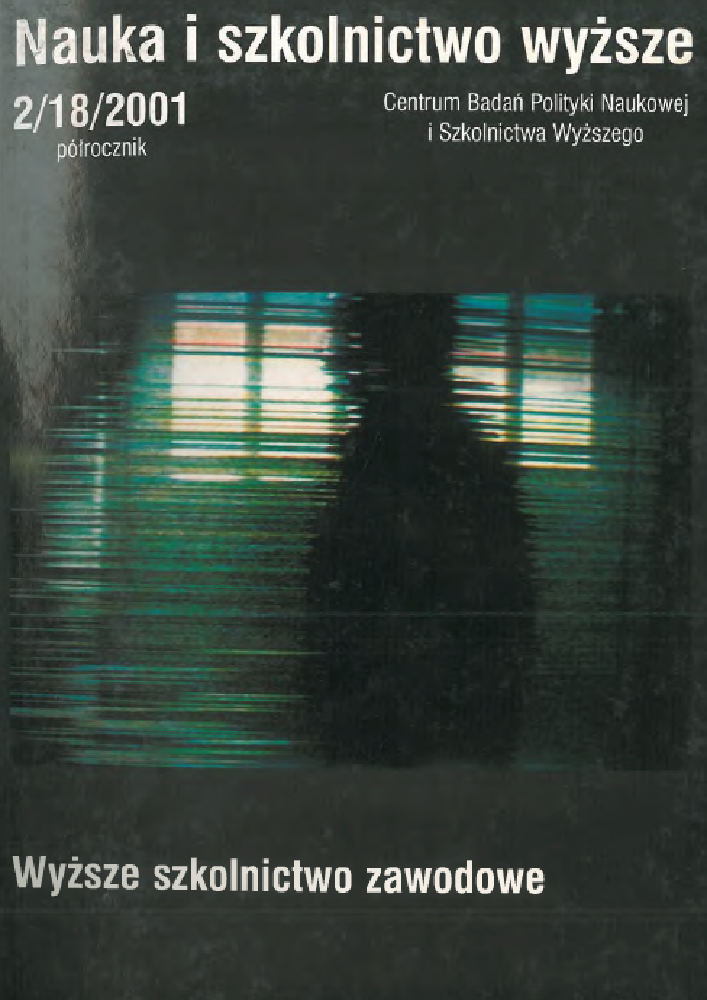Abstract
The author distinguishes four different types of scientific critique: 1) interpretation of theories and models, concepts and terms, rules and directives, whose purpose is to modify these components and abandon error; 2) analysis of cognitive value, ending in conclusions vacillating between approval/qualification and disapproval/disqualification; 3) inspection of cognitive operations and values from the point of view of their consistency with the doctrine of scientific research; 4) selection (which may also be called “screening”), leading to the choice of works aspiring to the status of accepted elements of the “third world” in the theatre of scientific life; According to the author, critics adopt two styles of play in the scientific truth game: they play either the “ people of the system” game or the “ people of the problem” game. The article ends with several conclusions concerning the nature of scientific critique. Rather than being one of the forms of expression in scientific discourse, critique is the substance of all expressions in this discourse, the very core of the scientific truth game.
